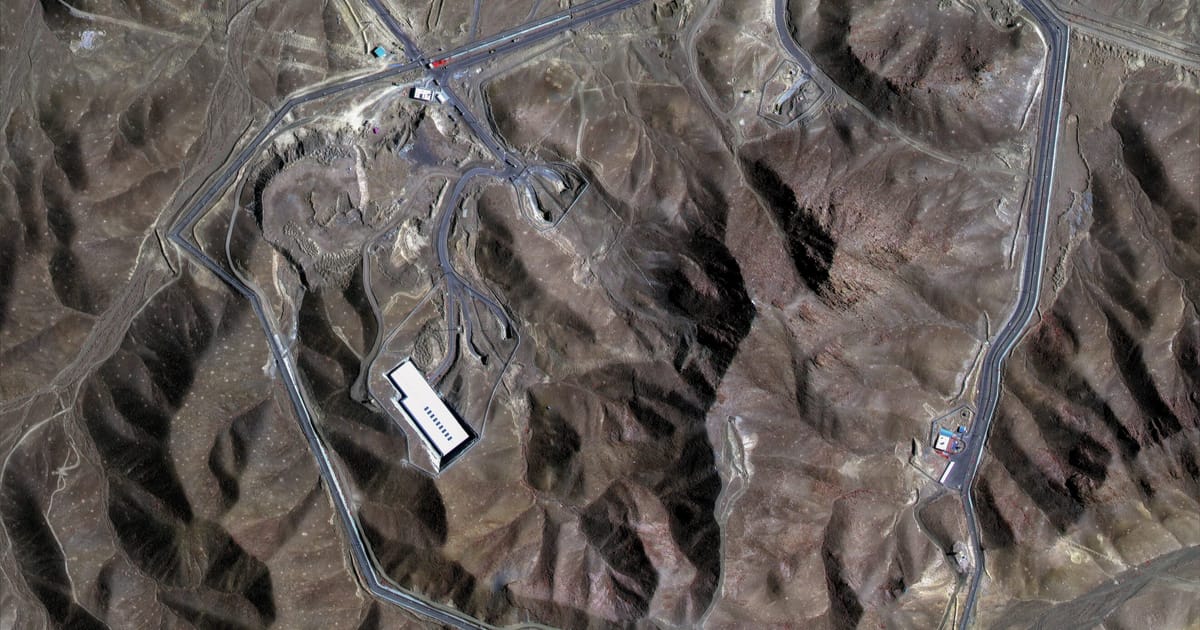

In recent weeks, several significant international developments have unfolded, reflecting both tension and cautious optimism across regions. Insights from a diverse range of geopolitical events underline the complexities of nuclear negotiations, Middle Eastern conflicts, and evolving peace processes in Africa. Each scenario fosters a narrative of subtle advancements interwoven with enduring challenges, shaping the global diplomatic landscape.
In a focused discourse on Iran’s nuclear program, Rafael Mariano Grossi, the head of the International Atomic Energy Agency (IAEA), noted the potential for Iran to resume uranium enrichment in a few months. Despite damage to several nuclear facilities caused by recent attacks attributed to the United States and Israel, Iran’s ability to recover and mobilize its enrichment capabilities persists. Grossi emphasized that while the damage inflicted on Iran’s nuclear infrastructure is considerable, it does not entirely derail Iran’s nuclear ambitions. The situation demands a measured approach, with diplomatic negotiations continuing amidst these developments.
Complicating the situation, Iran has reportedly prohibited IAEA chief Rafael Grossi from visiting its nuclear sites and has removed surveillance cameras. This decision follows allegations that sensitive data from these facilities was obtained by Israel, a claim that adds a layer of tension to the already strained relations between Iran and the international community. These developments warrant cautious diplomacy, emphasizing the need for transparent communications to foster trust and stability.
Turning to the wider Middle East region, tensions have flared, with Israel and Hamas experiencing renewed conflict. Iran expresses serious doubts regarding Israel’s reported commitment to a ceasefire, highlighting concerns about further hostilities. This skepticism is rooted in ongoing Israeli airstrikes in the Gaza Strip, which have tragically resulted in loss of life, including civilians. Despite these challenges, diplomatic efforts continue, with calls from international leaders advocating for de-escalation and a sustainable peace process.
Within another sphere of international relations, a notable peace deal has been reached in the United States involving Rwanda and the Democratic Republic of the Congo (DRC). This agreement aims to bring an end to the longstanding conflict in the eastern DRC, a struggle with roots tracing back to the aftermath of the 1994 Rwandan genocide. This peace accord, celebrated in a ceremony attended by U.S. Secretary of State Marco Rubio, reaffirms Rwanda’s commitment to withdrawing troops from the DRC within a 90-day timeframe. This diplomatic milestone, while significant, faces scrutiny over its clarity and tangible benefits to the local populations, emphasizing the continuous need for vigilance and support to ensure its fruitful implementation.
Intertwined within these geopolitical developments are the diverse perspectives and concerns of individuals directly or indirectly impacted by these global issues. For instance, on a cruise from Cyprus to Israel, Israeli citizens express a range of views on the ongoing conflicts and regional dynamics. Many passengers support the “12 Days War,” illustrating how conflict and perception resonate at a personal level, often shaped by significant recent events like the incidents of October 7th.
These developments, while intricate and multifaceted, highlight the broader themes of resilience and diplomacy. As nations navigate complex geopolitical terrains, the emphasis remains on fostering understanding, patience, and constructive dialogue. The global landscape continues to evolve, underscoring the importance of collaborative efforts and the pursuit of peace as integral to shaping a more stable future.
Source: {link}
